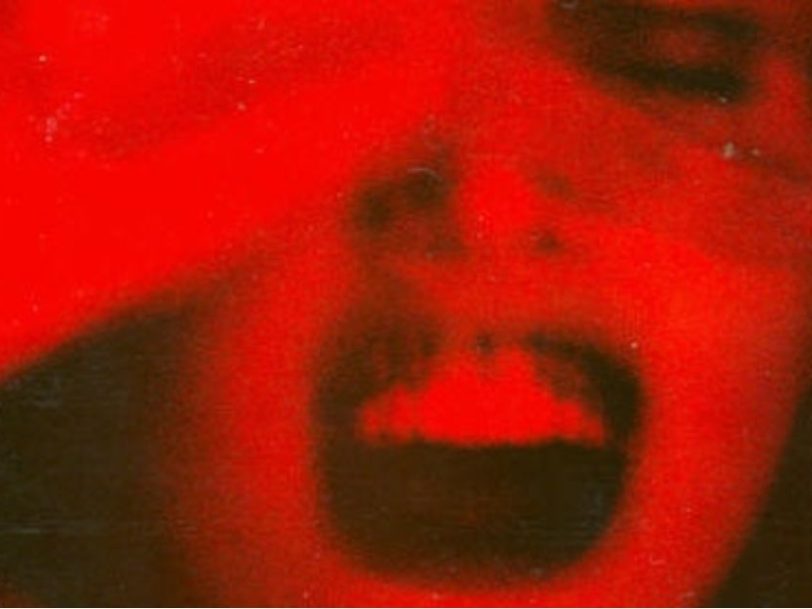Fondly regarded as a seminal work in the annals of alternative rock, Third Eye Blind’s self-titled debut album proved that late-90s guitar music still had the power to conquer the pop charts. Led by frontman Stephan Jenkins, the San Francisco-based band crafted a sound that blended giddy guitar hooks and infectious melodies with socially-attuned lyrics that spoke to a generation.
From the driving energy of Semi-Charmed Life to the haunting beauty of Motorcycle Drive By, Third Eye Blind’s debut album captured the spirit of the times and helped to redefine alternative rock for the post-grunge era. Here’s how Third Eye Blind’s debut album changed the face of modern rock, and why it remains a touchstone for fans and musicians alike.
Listen to Third Eye Blind’s debut album here.
The backstory: “It was just straight desperation: I have a song in me and abandoned any fallbacks”
Formed in San Francisco, in 1993, Third Eye Blind were the brainchild of singer Stephan Jenkins and guitarist Kevin Cadogan, with a line-up bolstered by Arion Salazar on bass and Brad Hargreaves on drums. At the time, the post-grunge wave of pop-punk acts such as Green Day and Rancid dominated the Californian music scene, though Jenkins always felt his vision for Third Eye Blind was at odds with prevailing trends.
For a start, though Jenkins felt strongly aligned with the punk ethos fuelling underground indie-rock, his own musical inspirations were more far-reaching. “I wanted to be freed up from genre,” he told Billboard magazine. Name-checking Joy Division and New Order, he added, “I liked British riff rock and singer-songwriter stuff.” Secondly, having graduated from the University Of California, Berkeley, with a BA in English Literature, Jenkins saw writing lyrics as an opportunity to indulge in his own literary ambitions, tackling daring subject matter and pairing it with sprightly, pop melodies.
Booking small gigs around the San Francisco area, Third Eye Blind slowly built up a following, quickly gaining a reputation for playing high-energy live shows which showcased Jenkins’ distinctive vocals and Cadogan’s impressive guitar work. Fuelled by a hunger for success and their unique take on pop-rock, Jenkins later recounted to Rolling Stone magazine what was motivating him: “It was just straight desperation: I have a song in me and abandoned any fallbacks.”
In 1996, Third Eye Blind finally caught a break when they supported Britpop sensations Oasis at the Civic Auditorium as an unsigned act – a gig that would successfully seal the group a record deal with Elektra Records. Bridging their love of Britrock guitar music with punk-inspired pop melodies, Third Eye Blind were finally ready to cross the Golden Gate Bridge and go for gold.




